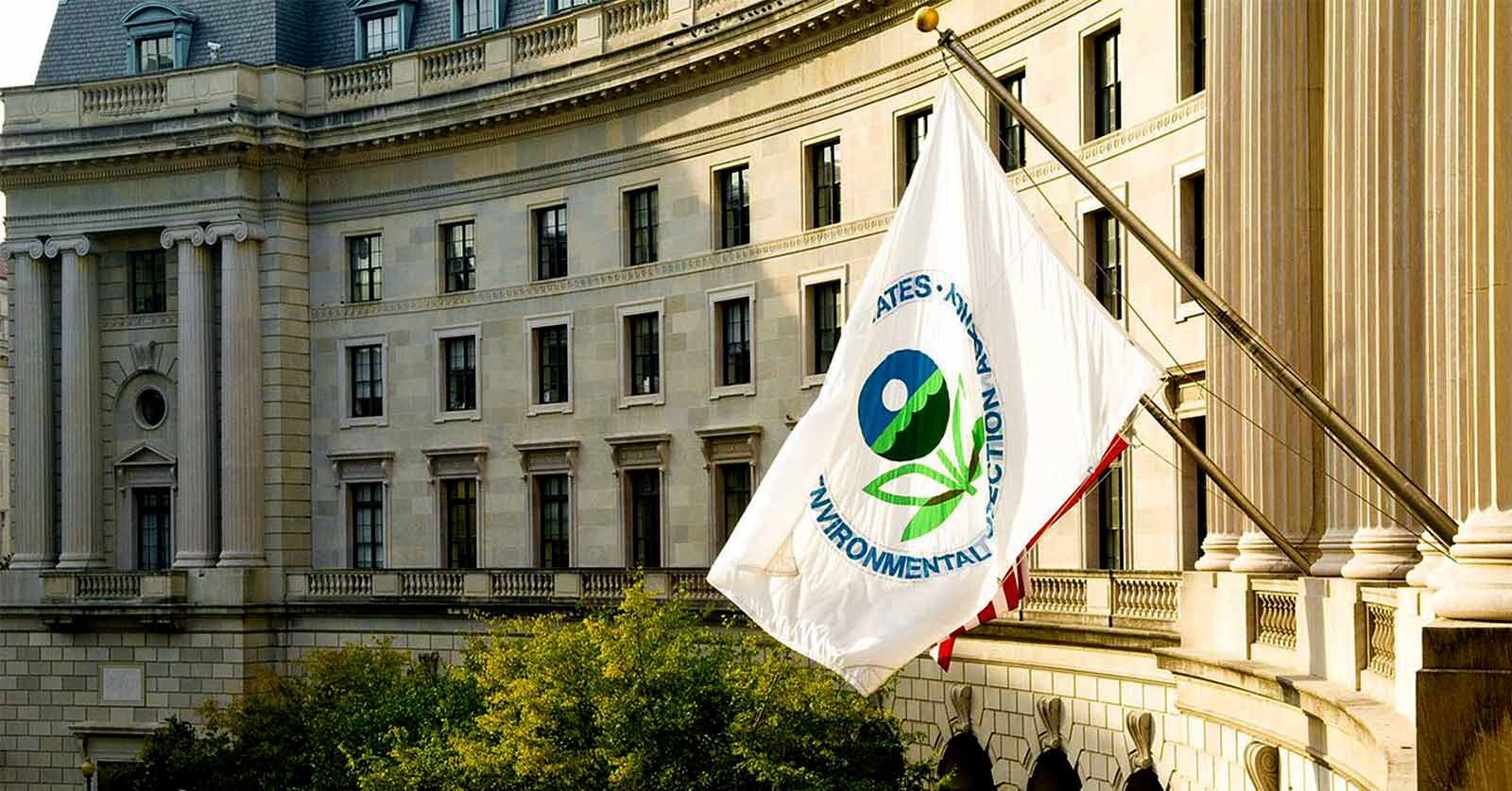The Senate will take up a massive spending bill next Tuesday that is so larded with frivolous projects it would make a drunken sailor blush. Despite a record federal budget deficit of $500 billion, Washington lawmakers continue to suffer from a bizarre case of “budget surplus fever” and just can't stop spending our money.
This week, TCS released a database of earmarks in the Consolidated Appropriations bill for FY04, which rolls seven unfinished spending bills into one mega $328 billion piece of legislation. By our count, the bill contains 7,931 earmarks at a cost of $10.7 billion. With the federal treasury running on empty, this bill is a budgetary train wreck that will only deepen the nation's fiscal woes.
The bill includes something for every congressional district in the nation. From a ballet school in Philadelphia to a bus project for Mickey Mouse at Disneyland in Anaheim, this bill has more grease than a fast-food restaurant. YMCAs, museums, county libraries, charter schools and abstinence education – they are all getting a piece of the action.
Each of these political handouts was obtained through pure political power. If you sit on an appropriations committee, you get to bring home the bacon and if you don't you are left with an empty plate.
For example, Louisville, Kentucky receives more earmarks than Delaware, Vermont, Nebraska, or Wyoming. Seattle receives more earmarked funds than almost half the states in the nation. Sen. Patricia Murray (D-WA) is the ranking member of the Senate subcommittee responsible for transportation appropriations and Rep. Anne Northup (R-KY), who represents Louisville, is Vice-Chair of the Labor, Health and Human Services, Education, and Related Agencies appropriations subcommittee.
Although earmarking is as old as the budget-making process itself, according to Rep. David Obey (D-WI), the senior Democratic House appropriator, congressional earmarking “has gotten incredibly out of control” and TCS's research confirms that. The FY 1995 Transportation appropriations bill contained only 322 earmarks at a cost of $1.5 billion; the Transportation section of the FY 2004 Omnibus has 2,179 earmarks at a cost of $5.7 billion. The FY 1995 Commerce-Justice-State appropriations bill contained 45 earmarks totaling $104 million; the Commerce-Justice-State section of the FY 2004 Omnibus bill has 1,137 earmarks at a cost of $1.9 billion.
The biggest problem is that earmarking federal funds removes the objectivity and fiscal discipline from of the budget-making process. A project's merit should win it government backing, not whether its proponents have friends with political muscle on an appropriations committee. Appropriations bills have become so heavy with earmarks that congressional staff can barely record them all, let alone develop a functional way to evaluate the legitimacy of particular programs. With record levels of earmark requests, Congress is not capable of prioritizing funds in a thoughtful manner.
While earmarked projects aren't always bad, lawmakers are addicted to them and they have spread like a cancer through the budget-making process. Like other addictions, this one has caused a “me first” mentality, where lawmakers will do anything in their power to bring the bacon home to their state or district at the expense of the nation's fiscal health. Next week Senators ought to take the first step of recognizing they've got a problem by voting this bill down.














Get Social